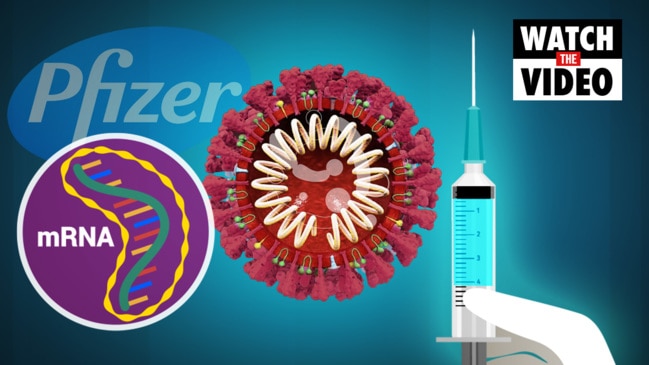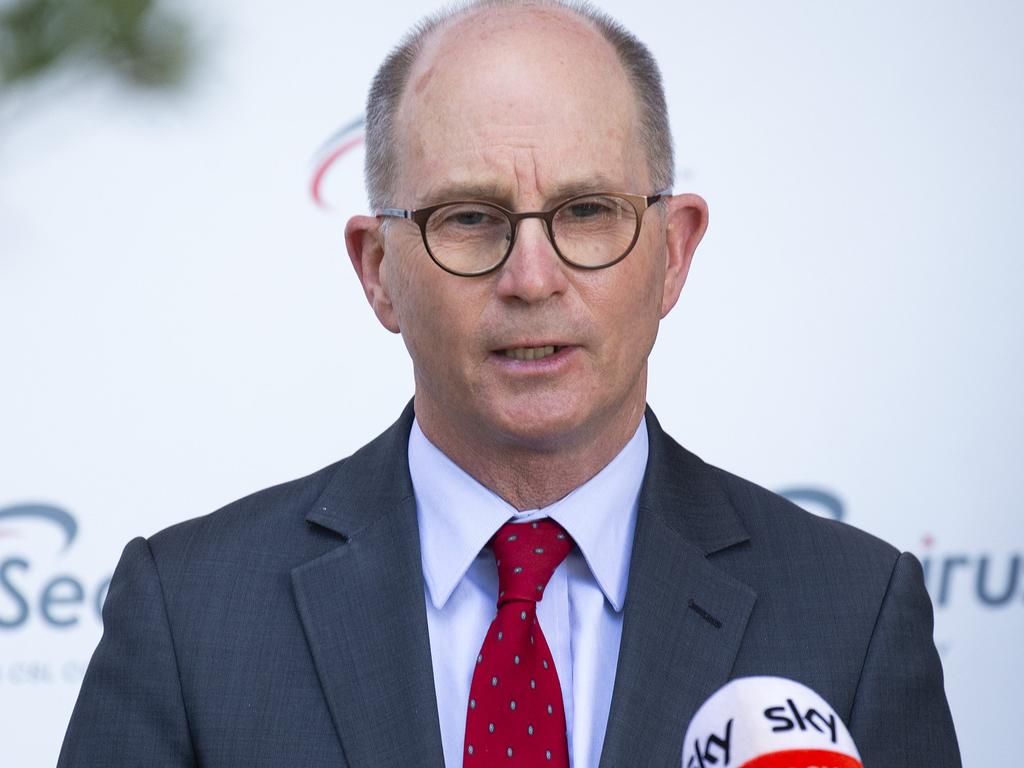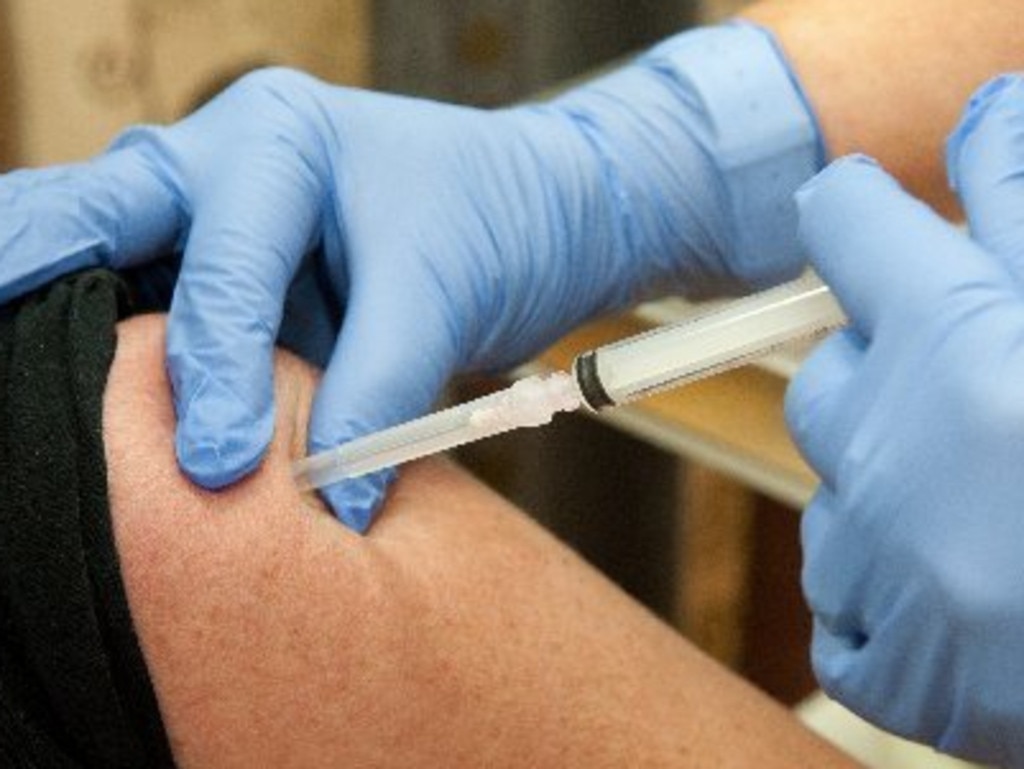Surprise group most fearful of vaccine according to government research
Most Aussies will voluntarily get the COVID-19 vaccine when it becomes available, but there is one group that is less likely to get the jab.

Women in their thirties are most likely to be mistrustful of the COVID-19 vaccine, according to government research.
A survey of 1000 Australians found 42 per cent of women aged 30 to 39 had concerns about the safety of the COVID-19 vaccine, the Sydney Morning Herald reported.
Overall, 27 per cent of the population had concerns about the vaccine’s safety.
Australia’s Chief Medical Officer Paul Kelly on Sunday said “confidence is the key” ahead of the rollout of the COVID-19 vaccine next month.

He said the federal government’s $24 million advertising campaign would encourage Australians to get the vaccine when it becomes available.
“We know there are some parts of the community who are more hesitant about vaccines,” he said.
“We need to build confidence in this particular vaccine.
“The approvals and such have gone fast, much faster than usual — for a reason, because of that danger that we are in and trying to get back to some sort of normal life.
“But absolutely, and I’ll say this again, as we’ve said many times, there are no shortcuts.
“Every tick that needs to be ticked will be ticked before there is any rollout of this vaccine into the community.”

He said there would be tailored messaging for some targeted groups, including migrants.
“It is very important that everyone gets the message in an appropriate language, not only in their own language but appropriate words,” he said.
“We need to definitely address them directly, and that is important.
“The more people that can be vaccinated, the better.”
The first public rollout of the vaccine is planned to start in the second half of February.
It will be free and not compulsory — but some workplaces may make it mandatory for their employees.
Frontline workers who are most at risk of contracting COVID-19 are first in the queue, including hotel quarantine workers, including passenger transport drivers, and border control staff.
They will secure the COVID-19 vaccine at hospitals where the Pfizer vaccine — that must be stored in freezing temperatures — can be carefully secured.
However, the majority of the population will get their vaccines from respiratory clinics established by the federal government or GP surgeries.
When asked about the survey and if women in their thirties would be targeted as part of the government’s advertising campaign, a Federal Health Ministry spokesman said “this campaign will include a national advertising campaign across a number of channels, including social media”.
“It will also include communication specifically for priority groups, culturally and linguistically diverse (CALD) groups and Aboriginal and Torres Strait Islander people.
“A specific Committee has been established involving the CALD community to partner with them in ensuring the messages are appropriate and the right communication channels are used for the specific communities.
“It is important that all the community understands the importance of vaccinating for COVID-19.
“A very detailed information program is under development to ensure people understand how the vaccine works, how it will keep them and their family safe, and the expected timing for their vaccination.”



